Joy | She/Her
Mikoko Yetu, Uhai Wetu... Our Mangroves, Our Life
Kenya
Mangroves
Session 11: June 19, 2023
Once upon a time, in the village of Mkupe, there lived a girl named Cherotich. Her name means “sunset”—a person who was born just before sunset. She loved the sea, and all the creatures in the sea. And she especially loved mangroves. When Cherotich was young, her father would lead her into a small canoe, and they would go riding down toward the horizon to view the sunset, to remind her what her name means: “a girl born just before the horizon.”
That girl born just before the horizon, is me. I grew up loving these beautiful sunset sails amid the mangroves with my father. In my village, the mangroves were known as “the guardians of the village.” But as the years passed by, I started to notice that the mangroves were being destroyed—people were cutting them down. They said that it was because mangroves are a strong source of hardwood—“So let us cut them down to build our houses. Let us cut them down to build our canoes.”
And after a long period of time, my village of Mkupe was wiped out by the attack of a tsunami. And do you know why? Because they had cut down the mikoko—“mikoko” means “mangrove” in Kiswahili. Our homes, our animals, our school, were all wiped out when the tsunami came. And do you know why? Because the humans cut the mangroves down and sold the wood for a small profit, forgetting the high profit that these living ecosystems bring to our planet and to our people.
Why do people overlook this value? Why do they cut the mangroves down so easily to pave the way for “infrastructure”? Now, the village of Mkupe is crying: you can hear the cry of the children. You can hear the cry of the mothers who lost their loved ones when the tsunami swept over the village.
Humans are responsible for their own destruction: we have destroyed the ecosystem that gives us life. And it’s not only about our lives. We need to realize that if we destroy these ecosystems, we are not only destroying ourselves: we are destroying the life that is under the sea as well. That day, when the tsunami came, the mangroves were very angry, because we had destroyed them. And now nothing remains in the village.
When the tsunami happened, we were so scared to go near the shore, because we thought that the sea was also going to swallow us. But nature can also be forgiving. Now, it’s allowing us to come back in. We have started the restoration process. Now we can see the crabs. We can see the shrimp. We can see all the animals slowly coming back. We can see the horizon, and we can see the trees that are starting to grow again above the waters—the mangroves.
Let’s never forget that we are part of nature, and that destroying nature is destroying us.
Joyce is a climate activist and gender justice activist from Mombasa Kenya. She is part of Fridays For Future, Rise Up Movement and Fridays For Future MAPA. She believes that the most effective advocates for greater ambition on climate action are women. She is also the Co- Founder of Blue Earth Organisation, a youth and women-led organisation that works with women and girls to restore mangroves along the coastlines of Mombasa. She believes that women are the most unsung agents of change when it comes to climate resilience.
